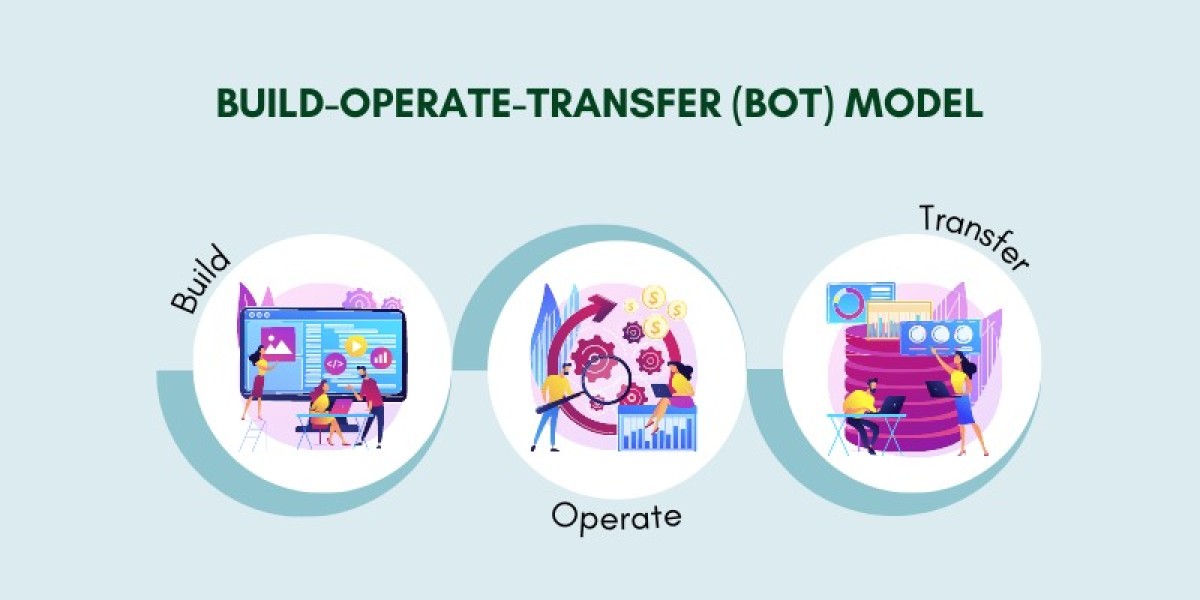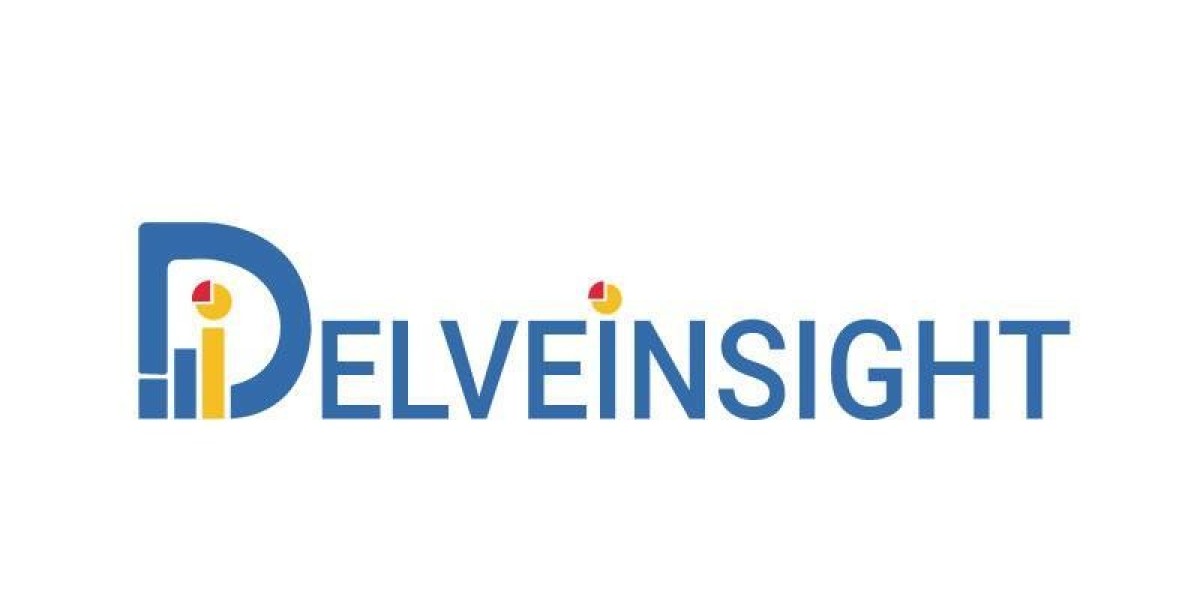Selecting the right medical billing solution is crucial for the smooth operation of any healthcare practice. The wrong choice can lead to inefficiencies, compliance issues, and financial losses. In this article, we'll walk through the most common pitfalls to avoid when choosing a billing solution, ensuring that your practice thrives without the stress of avoidable mistakes Healthcare Billing.
Introduction
Choosing the right medical billing solution can make or break your practice. Whether you're a small clinic or a large healthcare facility, the billing system you adopt plays a pivotal role in your financial health. Poor selection could lead to delayed payments, inaccuracies, or worse, non-compliance with industry regulations. So, let's dive into the top mistakes you should avoid when selecting a medical billing solution.
Understanding the Needs of Your Practice
Before you even begin your search, it’s essential to understand what your practice truly needs. Is your practice large or small? Do you handle specialty services or focus on general care? Your billing system should reflect these needs.
- Size of the Practice: A small clinic may not need all the features of a large hospital system.
- Specialization: A pediatric practice, for example, may need a different set of tools than a cardiology clinic.
Understanding these factors will help narrow your options and ensure you're not overspending on unnecessary features.
Pitfall 1: Not Researching the Billing Solution Thoroughly
One of the biggest mistakes practices make is jumping into a billing solution without enough research. Medical billing software is complex, and you need to ensure it fits the specific needs of your practice.
- Key Features to Look For: Look for solutions that offer robust reporting, accurate coding, and real-time claims tracking.
- Avoiding the "One-Size-Fits-All" Approach: Not every practice is the same, so a generic solution might not be your best bet.
Take your time to understand the different options available and make sure to select one that aligns with your practice’s goals.
Pitfall 2: Ignoring Integration with Other Systems
Choosing a billing solution that doesn’t integrate well with your Electronic Health Records (EHR) or Electronic Medical Records (EMR) system can cause unnecessary delays and inaccuracies in billing.
- Seamless Integration: A good billing solution should integrate with your existing EHR system to avoid double data entry and reduce the risk of errors.
- Benefits: It ensures your billing is based on accurate, real-time data from patient visits.
Avoid a disjointed workflow by choosing a billing solution with robust integration capabilities .
Pitfall 3: Failing to Account for Compliance and Regulatory Needs
Medical billing is highly regulated, and non-compliance can result in significant fines. Ensure the billing solution you choose is up to date with HIPAA requirements and any other local regulations.
- Ensuring Compliance: Look for solutions that automate compliance checks to prevent billing errors that could lead to audits or penalties.
Ignoring this aspect can result in serious consequences for your practice. Stay ahead by choosing a solution that prioritizes compliance.
Pitfall 4: Choosing a Solution Based on Price Alone
While cost is always a factor, it should never be the sole deciding factor. A cheaper solution might save you money upfront but could cost more in the long run if it’s not efficient or doesn’t meet your needs.
- Balancing Price with Functionality: Instead of opting for the cheapest solution, find a balance between cost and the features you need.
Don’t cut corners with billing software; quality should always come first.
Pitfall 5: Overlooking Customer Support and Training
A billing system can be complex, and having robust customer support is crucial. Look for a provider that offers both extensive customer support and training for your staff.
- Customer Support: You’ll want quick access to support if problems arise.
- Training Opportunities: Comprehensive training can help staff quickly adapt to the new system.
The right support will save you time, money, and frustration in the long run.
Pitfall 6: Underestimating the Learning Curve
No matter how user-friendly a system is, there will always be a learning curve. A complex system can lead to frustration and mistakes, which may impact your practice’s bottom line.
- User-Friendliness: Choose a system that your team can easily learn and use efficiently.
- Training Time: Factor in the time needed to train your staff to use the new system effectively.
Don’t underestimate the importance of ease of use in your billing software.
Pitfall 7: Not Considering Future Growth Needs
Your practice may expand over time, and it’s essential to choose a billing solution that grows with you. Systems that don’t scale can become obsolete as your practice grows.
- Scalability: Ensure the system can handle an increasing number of patients, codes, and claims.
- Flexibility: A good billing solution should accommodate any future changes your practice may encounter.
Pitfall 8: Failing to Read Reviews and Testimonials
The experiences of other practices can provide valuable insights into the billing solution you’re considering. Read reviews, testimonials, and case studies to understand how the software works in real-life settings.
- User Feedback: Look for solutions with high ratings and positive feedback from practices similar to yours.
Pitfall 9: Overcomplicating the Billing Process
Keep it simple! Complex systems can frustrate your staff and lead to mistakes in billing. An overcomplicated billing process can also confuse patients and delay payments.
- Simplicity: Choose a system that simplifies the billing process for your team and enhances patient experience.
Pitfall 10: Not Testing the Solution Before Committing
Don’t make the mistake of buying a billing solution without testing it first. Use trial periods or demos to explore all key features before making a commitment.
- Trial Periods and Demos: Take full advantage of any trial periods to test the system’s functionality and ensure it meets your needs.
Pitfall 11: Neglecting Security Features
Patient data security is paramount. A medical billing system should have strong security measures to protect sensitive patient information.
- Data Security: Look for encryption, multi-factor authentication, and secure data storage RCM Billing.
Pitfall 12: Ignoring Customer Satisfaction and Retention
High customer retention rates can indicate that the solution provider offers excellent service and support. Look for a solution with a good reputation and satisfied users.
Pitfall 13: Failing to Plan for Data Migration
Migrating from one billing system to another can be tricky, so ensure there’s a clear data migration plan in place before making the switch.
Pitfall 14: Choosing a Solution with Limited Customization Options
Your practice’s needs may change over time, so it's important to choose a billing system that can be easily customized.
Pitfall 15: Not Considering the Cost of Hidden Fees
Ensure you understand all the costs involved in using the billing solution, including hidden fees for additional services or upgrades.
Conclusion
Choosing the right medical billing solution is critical for the smooth and efficient operation of your practice. By avoiding these common pitfalls, you can ensure that your practice will benefit from an effective, compliant, and cost-efficient system.
Find More: Medical Billing Services USA
Contact US:
Contact P3 Healthcare Solutions today to learn more about how our medical billing services can help your practice succeed. Call us at: Tel: 8445573227. Visit us at our address: 3200 E Guasti Rd Suite 100, Ontario, CA 91761, United States.









